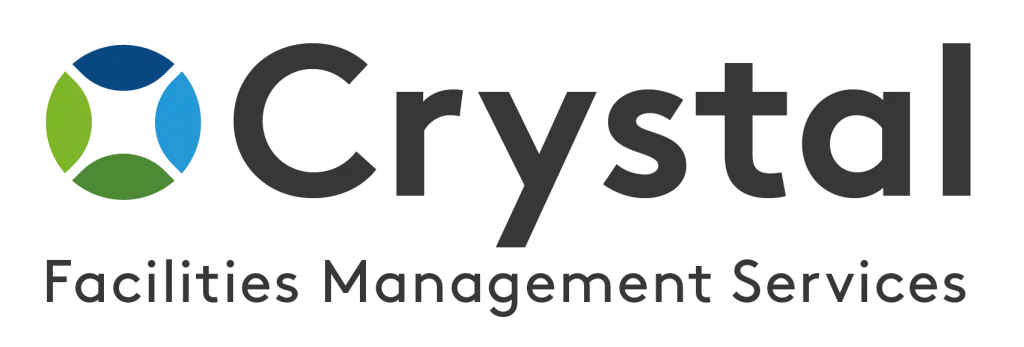Introduction
Cost optimization is a key aspect of effective Hard Facilities Management (FM) management. By implementing best practices for cost optimization, companies can improve efficiencies, reduce expenses, and maximize their return on investment in FM services. This article will explore some of the best practices that businesses can adopt to achieve cost optimization in Hard FM management.
1. Regular Maintenance
Regular maintenance is essential for cost optimization in Hard FM management. By conducting preventive maintenance on equipment and assets, businesses can identify and address issues before they become major problems. Regular inspection and servicing of systems such as HVAC, electrical, plumbing, and fire safety can help prevent breakdowns, reduce repair costs, and extend the lifespan of equipment.
Partnering with a reputable FM service provider, such as Crystal Facilities Management, can ensure that maintenance tasks are performed by trained professionals on a regular basis. This proactive approach to maintenance not only saves costs but also enhances operational reliability and reduces the risk of costly disruptions.
2. Energy Efficiency
Implementing energy efficiency measures is another crucial factor in cost optimization. Inefficient use of energy resources can lead to significant expenses and environmental impact. By employing energy-saving technologies and practices, businesses can reduce energy consumption, lower utility bills, and minimize their carbon footprint.
Crystal Facilities Management offers energy audits and solutions to help businesses identify areas of improvement in energy management. Upgrading to energy-efficient lighting systems, optimizing heating and cooling systems, and implementing smart building automation systems are some of the approaches that can deliver substantial cost savings in the long run.
3. Asset Lifecycle Management
Effective asset lifecycle management is a fundamental practice for cost optimization in Hard FM management. It involves careful planning, tracking, and maintenance of assets throughout their lifespan. By accurately assessing the condition and performance of assets, businesses can make informed decisions on repairs, replacements, and upgrades.
Utilizing computerized maintenance management systems (CMMS), such as the one offered by Crystal Facilities Management, allows businesses to track asset performance, schedule maintenance activities, and monitor costs. By optimizing the lifecycle of assets, businesses can minimize unplanned downtime, extend asset lifespan, and reduce unnecessary expenses.
4. Outsourcing Non-Core Activities
Outsourcing non-core activities is a cost-effective strategy for businesses to focus on their core competencies while achieving cost optimization in FM management. Instead of investing in specialized in-house resources, businesses can outsource services such as cleaning, security, landscaping, and waste management to professional FM service providers.
Crystal Facilities Management, with its expertise in providing comprehensive cleaning services, can handle cleaning operations efficiently and cost-effectively. Outsourcing non-core tasks to experts allows businesses to reduce overhead costs, access specialized skills, and ensure high-quality service delivery.
5. Data-Driven Decision Making
Data-driven decision making is becoming increasingly crucial for cost optimization in FM management. By leveraging data and analytics, businesses can gain insights into FM operations, identify cost-saving opportunities, and make informed decisions. This can be done through the utilization of facility management software, such as Crystal FM’s proprietary software, which provides real-time data and analytics on various FM aspects.
Analyzing data on maintenance costs, energy consumption, asset performance, and workforce productivity enables businesses to optimize processes, allocate resources efficiently, and drive continuous improvements. By embracing data-driven decision making, businesses can achieve long-term cost optimization and streamline their FM operations.
6. Continuous Improvement
Lastly, adopting a culture of continuous improvement is instrumental in achieving cost optimization in Hard FM management. Regularly reviewing and refining processes, seeking innovative solutions, and embracing technological advancements can help businesses stay ahead and drive cost savings.
Crystal Facilities Management offers regular performance reviews, feedback mechanisms, and suggestions for improvement to its clients. By involving employees, customers, and stakeholders in the continuous improvement process, businesses can identify areas for enhancement, implement cost-saving measures, and drive operational excellence.
Conclusion
Cost optimization in Hard FM management is a multifaceted endeavor that requires a holistic approach. By implementing best practices such as regular maintenance, energy efficiency, asset lifecycle management, outsourcing non-core activities, data-driven decision making, and continuous improvement, businesses can achieve significant cost savings while enhancing operational efficiency. Crystal Facilities Management, with its expertise in providing comprehensive FM services and solutions, is well-equipped to help businesses in their pursuit of cost optimization in Hard FM management.












